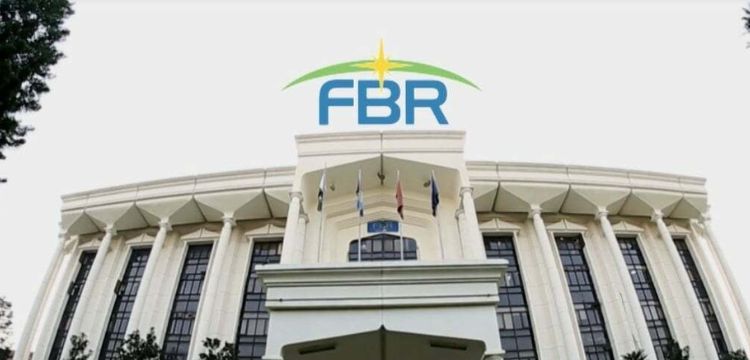[vc_row][vc_column][vc_column_text dp_text_size=”size-4″]
Prime Minister Anwaarul Haq Kakar has withheld approval for the Federal Board of Revenue (FBR) restructuring plan, citing constitutional concerns surrounding the establishment of a National Tax Authority (NTA) and ambiguity regarding the proposed structure’s mandate.
Sources have disclosed to that Prime Minister Kakar expressed dissatisfaction with the suggested restructuring plan, prompting the Prime Minister’s Office (PMO) to institute another committee for a comprehensive review. This committee, chaired by Dr. Shamshad Akhtar, will include members such as Fawad Hasan Fawad, Federal Minister for Privatisation, Chairman of the National Database Registration Authority, officials from the PM’s Office, and representatives from the FBR.
Several recommendations presented by the FBR’s task force, led by Dr. Akhtar, mirrored those of the 2015 Tax Reforms Commission, which had remained unimplemented over the past seven years.
Notably, the task force proposed establishing an NTA with jurisdiction over both federal and provincial taxes. However, concerns were raised about the constitutional autonomy of provinces and whether an interim setup should implement such sweeping measures.
The task force argued that provinces contribute less than 1% of the Gross Domestic Product (GDP) in tax collection, highlighting potential for increased focus on the federating units. Following the Prime Minister’s non-approval of the FBR restructuring proposal, the matter was excluded from the agenda of the Special Investment Facilitation Council’s recent meeting.
Also Read: FBR To Restructure It’s Customs Department
The task force also recommended creating a Tax Policy and Revenue Division to separate tax policy from administration, but this proposal did not gain the Prime Minister’s approval.
Furthermore, the task force suggested an autonomous FBR under the Tax Administration Oversight Board, but uncertainties about the functions of the NTA and autonomous Tax Administration Oversight Board led to confusion, as reported by meeting participants.
The task force’s proposal to separate Customs from FBR to emphasize trade facilitation and border controls was also not approved by the Prime Minister. These matters are now slated for review by the newly established committee, featuring Fawad Hasan Fawad.
Additionally, the task force advocated for a separate Customs Division under the Ministry of Finance, with an autonomous Federal Board of Customs. The proposed Customs Board would comprise eleven members, including representatives from relevant ministries.
The task force asserted that Pakistan Customs, burdened by a revenue-centric approach, has struggled with critical functions, including counter-smuggling, trade facilitation, intellectual property rights (IPR) enforcement, transit trade, internal security, and food security.
Sources suggest that Prime Minister Kakar has endorsed alternative administrative measures, sidestepping restructuring. To broaden the tax base, the FBR plans to introduce regulations for data sharing among government departments. District tax offices will receive 30% of the existing FBR workforce. Additionally, the Prime Minister has approved a plan to impose taxes on retailers, calculated at three times the rental value of their business premises. The FBR will launch a mobile app, Tajir Dost, to facilitate retailers in calculating and paying taxes, disbursed in 12 monthly instalments and adjustable during the return filing process.
[/vc_column_text][/vc_column][/vc_row]











